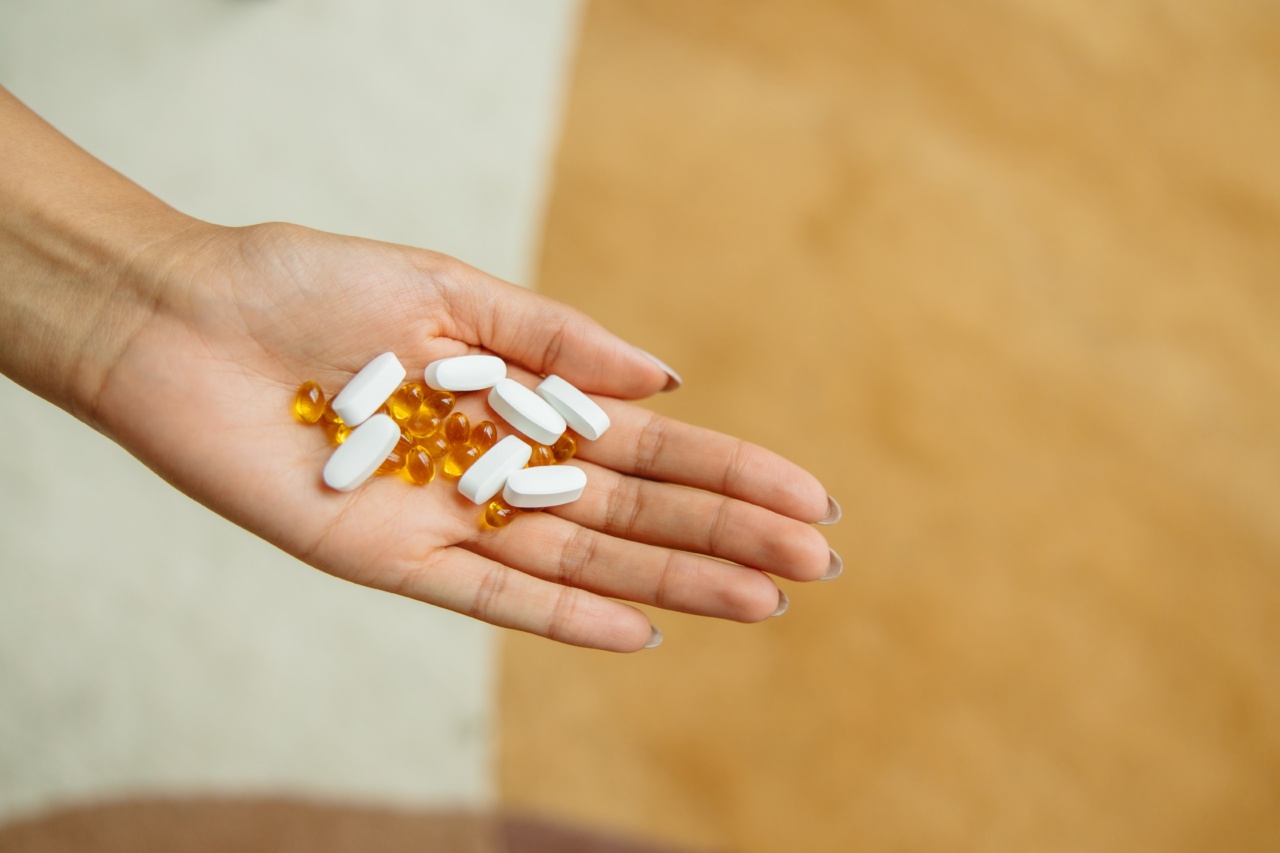Psoriasis is a chronic autoimmune disease that affects the skin cells. It is characterized by the formation of reddish and scaly patches on the skin that can be itchy and painful.
Psoriasis is caused by an overactive immune system that causes the skin cells to grow too quickly, leading to the formation of thick patches on the skin.
While there is no known cure for psoriasis, there are various treatments available to manage the condition. One of the emerging treatment options for psoriasis is a low-calorie diet.
What is a Low-Calorie Diet?
A low-calorie diet is a diet that restricts calorie intake below a certain threshold. This threshold varies from person to person, depending on factors such as age, gender, weight, and activity level.
Typically, a low-calorie diet entails consuming fewer than 1,500-1,800 calories per day.
A low-calorie diet can be achieved by limiting portion sizes or choosing low-calorie foods. The goal is to create a calorie deficit, where the body burns more calories than it consumes.
This calorie deficit can lead to weight loss, which is beneficial for individuals with psoriasis.
How Does a Low-Calorie Diet Help with Psoriasis Relief?
A low-calorie diet has several mechanisms that may help with psoriasis relief. Firstly, a low-calorie diet can help with weight loss. Excess weight places additional stress on the joints and skin, which can exacerbate psoriasis symptoms.
By losing weight, individuals with psoriasis can alleviate some of the physical stress on their bodies, leading to a reduction in psoriasis symptoms.
Secondly, a low-calorie diet can reduce inflammation in the body. Psoriasis is an autoimmune disease that is characterized by inflammation.
By reducing calorie intake, individuals can reduce the amount of inflammation in their bodies, leading to a reduction in psoriasis symptoms.
Finally, a low-calorie diet can improve insulin resistance. Insulin resistance is a condition where the body’s cells become resistant to insulin, leading to elevated blood sugar levels. Elevated blood sugar levels can exacerbate psoriasis symptoms.
By improving insulin resistance, individuals can reduce blood sugar levels, leading to an improvement in psoriasis symptoms.
What Foods Should be Included in a Low-Calorie Diet for Psoriasis Relief?
A low-calorie diet should include a variety of nutrient-dense foods that are low in calories. Some foods that can be included in a low-calorie diet for psoriasis relief include:.
1. Fresh Fruits and Vegetables
Fruits and vegetables are low in calories and high in vitamins and minerals. They are also rich in antioxidants, which can help to reduce inflammation in the body.
Some examples of antioxidant-rich fruits and vegetables include blueberries, kale, spinach, and broccoli.
2. Whole Grains
Whole grains are a good source of complex carbohydrates, which are essential for maintaining energy levels. They are also a good source of fiber, which can help to keep you feeling full for longer periods of time.
Some examples of whole grains include brown rice, quinoa, and whole wheat bread.
3. Lean Proteins
Lean proteins are essential for maintaining muscle mass and repairing cells. They are also low in calories and can help to keep you feeling full for longer periods of time. Some examples of lean proteins include chicken breast, fish, and tofu.
4. Healthy Fats
Healthy fats are essential for maintaining cell function and promoting healthy skin. They are also low in calories and can help to keep you feeling full for longer periods of time. Some examples of healthy fats include avocado, olive oil, and nuts.
It is important to note that while a low-calorie diet can be beneficial for psoriasis relief, it should be done under the supervision of a healthcare professional.
Conclusion
A low-calorie diet may be a beneficial treatment option for individuals with psoriasis.
By reducing calorie intake, individuals can experience weight loss, reduced inflammation, and improved insulin resistance, leading to a reduction in psoriasis symptoms. A low-calorie diet should include a variety of nutrient-dense foods that are low in calories, such as fresh fruits and vegetables, whole grains, lean proteins, and healthy fats.

























